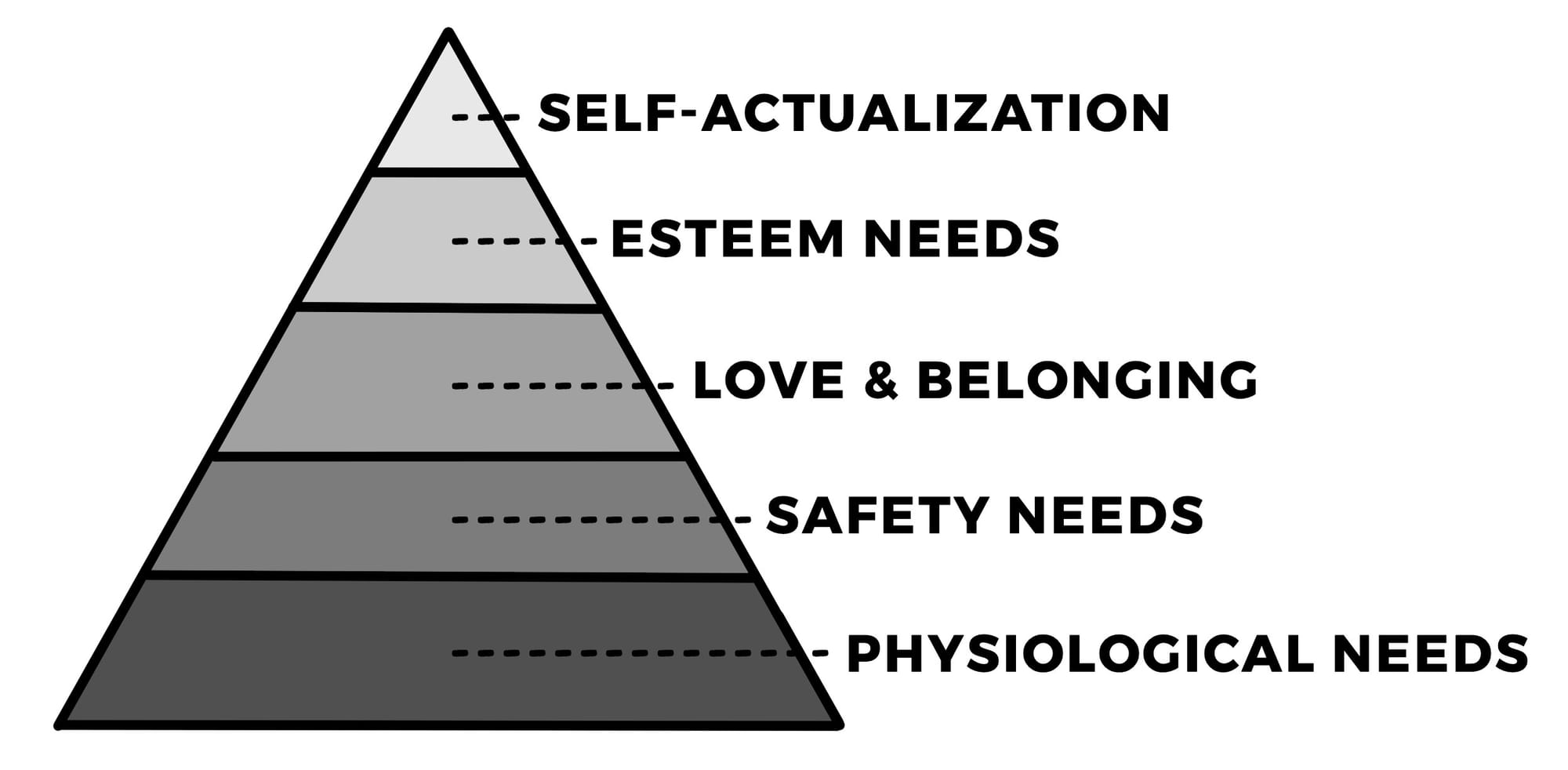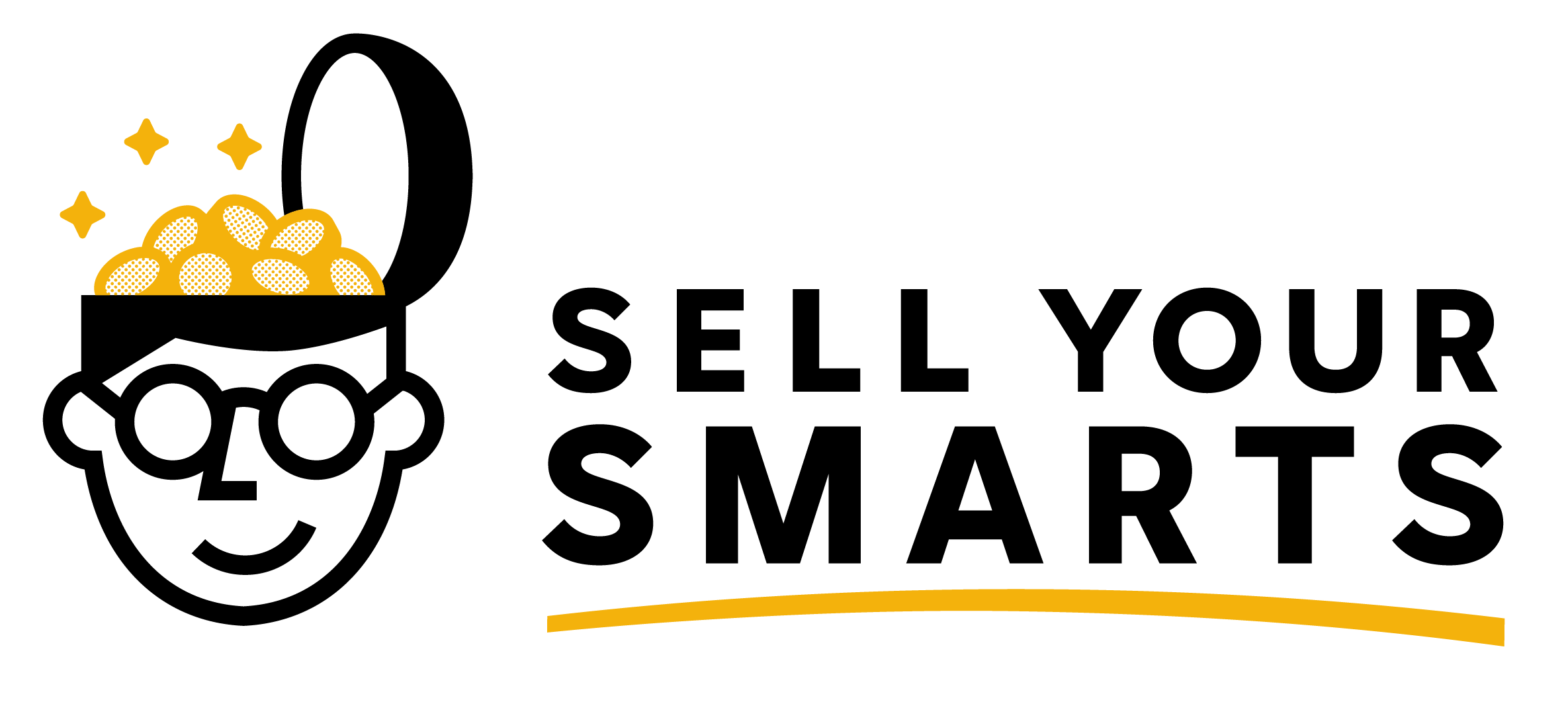I don’t know Matt Emmons personally, but I cringe (for his sake) when I think of him.
In the 2004 Olympics, Matt was competing in long-range target shooting as a sharpshooter with a sure shot (no pun intended) at winning gold.
In the final round, he had so many points that he could have hit nearly anywhere on his target to win gold. He took aim, fired, and hit incredibly close to a bullseye!
The only problem was… he had aimed at his neighbor’s target by mistake, so he got zero points and he lost 😵
Even a great shot at the wrong target is worthless 🎯
Before you take your shot, do you know what target you're aiming for?
As an entrepreneur, you solve problems for a profit. That's your job.
Wealth is a reward for serving each other, for creating real solutions to real problems for real people. Together, those three real choices form your profitable purpose, and the bullseye of your target.
With a clear purpose, you have a core target in your business which helps focus every other decision you make. That's why it's so important to get this right!
Who Are The Real People You're Helping?
If you don't have customers, you don't have a business.
Who is your target customer? Who are the real people you plan to serve?
Once you’ve described your target customer, can you make a list of real people you know in real life who match that description? Can you look through your social media connections and pick out at a few who match too?
If you can't name a real person, you don't have a clear target customer yet.
When you get a clear enough picture of your "real people" you tap into your human advantage of empathy, so you can put yourself in their place and feel what they feel.
What is the Real Problem You're Going to Solve?
In the case of problems, "real" means you need to pick a problem to solve that your real people are aware of, and already want to solve because the problem causes them physical, mental, or emotional pain.
Just because you can see that someone has a problem doesn't mean that it's a problem they're aware of and focused on—perhaps you can think of a family member who has glaring problems they don't want to solve?
To get clarity on which "Real Problem" your "Real People" are focused on, Maslow's Hierarchy of Marketing is an incredible tool. You may have heard of it, perhaps as Maslow's Hierarchy of Needs.
I call it the Hierarchy of Marketing, because the pyramid illustrates the human experience based on a series of problems and helps you narrow your focus to a single category of problem to solve.

- Are your real people focused on solving physiological problems just to function, like managing energy or depression or a health crisis?
- Are your real people focused on solving safety problems to get their head above water, like getting a good job, saving an emergency fund, or buying their first house?
- Are your real people focused on solving love & belonging problems like nurturing a healthy marriage or working less to create more free time for family & friends?
- Are your real people focused on esteem problems like getting an award for their expertise, a prestigious promotion, or leading others well?
- Are your real people focused on self-actualization problems like feeling fulfilled in a professional career with purpose, or leaving a legacy they can be proud of before they're gone?
Maslow's hierarchy is sequential, because people can only focus their energy on solving problems in one layer at a time, and they can't think about higher order problems until they've satisfied enough lower order problems to move on.
Similarly, your customers won't buy your solution to their self-actualization problems if they're focused on physiological problems, because they're not conscious of higher order problems (yet).
Where are your real people spending their time and energy? What category—and then what specific problem—will you solve?
What is the Real Solution You Offer?
People don't pay for products. Not really.
Your business will sell products, but customers will buy from you because they believe your promise of a healthier, wealthier, or happier version of themselves.
Which of those three will you help with? In what way?
What change will your target customer (your real people) complete with your help?
- Will you help your real people become healthier? Losing weight or gaining muscle or perhaps sleeping better at night?
- Will you help your real people become wealthier? Getting out of debt or building passive income or perhaps starting a business of some kind?
- Will you help your real people become happier? Repairing their relationship with their parents or picking a partner or perhaps improving their love life?
Focus on the transformation, not the process (not the means, but the end).
This is less about how the sausage is made, and more about whether your solution is hot dogs or bratwurst (or actually gluten-free donuts).
That's it! Now combine all three choices into a single sentence, and state your purpose:
I help {real people} {solve real problem} with {real solution}.
For me, I help experts turn wisdom into wealth by building a thriving online education business.
What about you?
Keep up the good work!
John Meese
